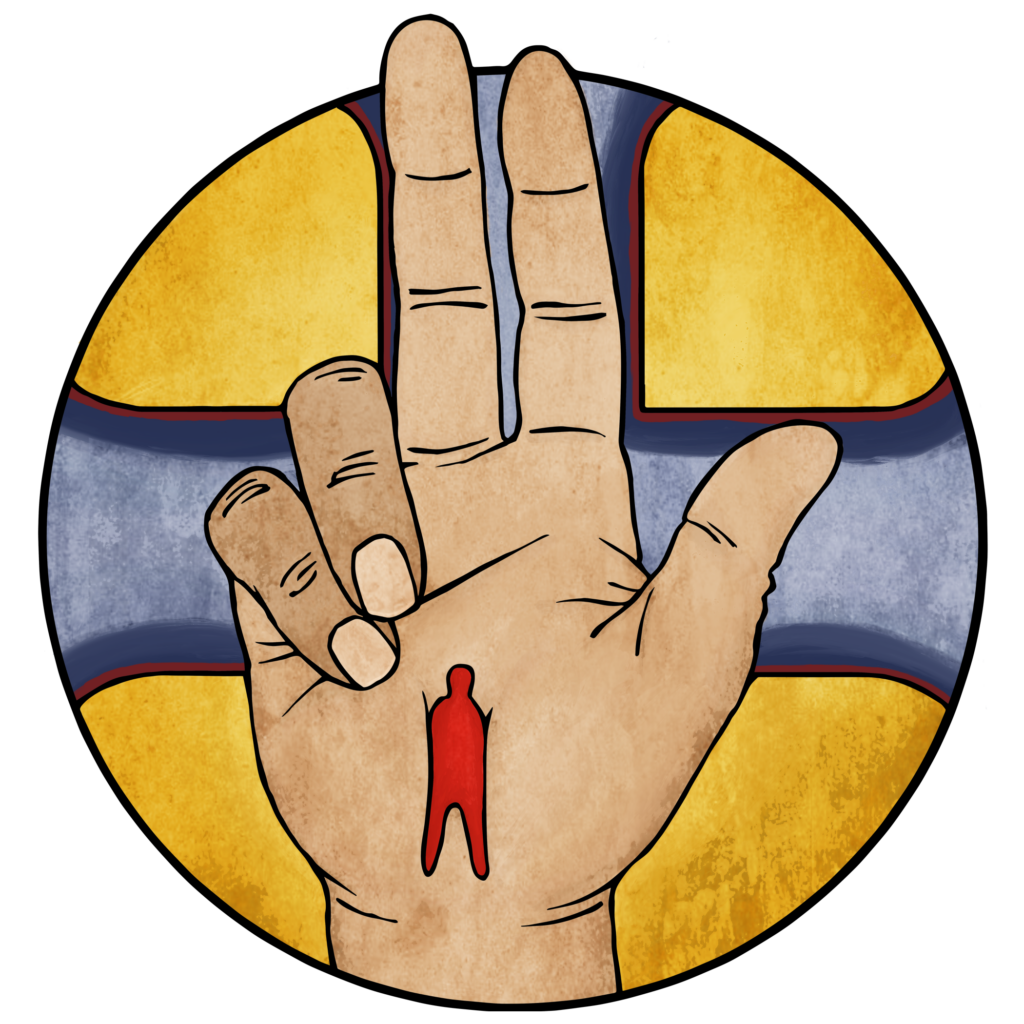By Harrison Goodman
Sin breaks stuff. Sodom and Gomorrah are such potent reminders that they’re hard to take seriously today. Between fireballs from on high and pillars of salt it’s easy to lose sight of all the damage that got done after two angels walked into town. The idea that sin has consequences is so over the top that it’s hard for anyone to see themselves in the shoes of one of the fire-balled or salt-pillared.
Maybe let’s start somewhere else. Two angels walk into town, and Lot invites them in as guests. When the folks around town find out, they go to force themselves on the visitors. Lot, in the name of hospitality, offers his daughters up to be raped instead. Read that last sentence again. That’s not some obscure Old Testament law. That’s evil. There’s no defense for it. Yes, sin breaks stuff.
Lot and his family escape. He begs God for a place to go and the Lord promises that the city of Zoar will be safe. Lot’s wife turns to salt (a story for another time). Instead of going to Zoar, he hides with his daughters in the mountains. Lord, Lot believes, help his unbelief! He’s afraid God will destroy more cities. His daughters are afraid they’ll never get to marry and have families. They get Lot drunk. They rape him. Do you think Lot offering his daughters to strangers might just maybe lead to them having a sinful view of sexuality? Do you think there’s a pattern where they learned that something only given to the most important person in your life, your spouse, can be taken by anyone?
EVERYONE’S BOUNDARIES ARE UNHEALTHY
Boundaries are a big part of a healthy way to relate to our neighbors in our vocations. Keeping people too far away from us means we can’t care for them, or be cared for ourselves. It means not trusting the people given to speak to you. Letting people too near can cause a lot of damage, too. It isn’t just oversharing. Healthy boundaries keep vocations functioning rightly. There are some things not to be shared between parents and children. Less drastically, call your teacher or your parents by their first names and find out whether or not healthy boundaries matter.
Sin wrecks boundaries. It leaves us hurt, and walling ourselves off from others to protect ourselves from being hurt again. It paves new roads that we begin to think are normal when they’re not, leaving the abused to become the abusers, and sinners to look for comfort in places that can’t give it in a way that builds up. Lot hid himself in the hills, too far from the God who promised to care for him and the neighbors whom he’d live alongside in Zoar. His daughters set aside boundaries to build something that would cause even more pain. Lord, forgive us for going where boundaries ought to stop us. Or as Jesus would teach us to pray, “forgive us our trespasses as we forgive those who trespass against us.”
YOU MEANT IT FOR EVIL, GOD MEANT IT FOR GOOD
Jesus doesn’t just call us to forgive the sins that cause such carnage and trauma. He enters into it Himself. Lot’s older daughter got pregnant. They named him Moab, and Ruth would come from his people, and she would bring about David, who would bring about the Christ. Jesus entered into this lineage. This sin. This trespass of boundary. He did so, not to remind us to do better, but to bear the wrath of God that called down fire for all the times we didn’t. He died for Sodom and Gomorrah, for Lot and his wife, for his daughters and their children.
This doesn’t magically make the boundaries destroyed by sin better. But it gives us a place to look at sinners who can’t stand together as if they fit. See Lot’s family in light of Christ, not their sins. They’re redeemed. Their trespasses are forgiven, not from their hearts or their deciding to do better, but from the Christ who took on flesh to die for them and for you.
The Cross lets us view sin through the places God puts it. The trespasses, the breaking boundaries, and going where you should not have gone are all crucified. You don’t own those sins anymore. And they can’t own you. It’s called repentance. Not just turning away from sin and trying to build healthier relationships, but turning toward Christ and finding Him to be the shape and center of all of them. Sin breaks stuff, but Jesus died for sinners. Your sins are bound to the Cross and you are forgiven.
Rev. Harrison Goodman is the content executive for Higher Things.

